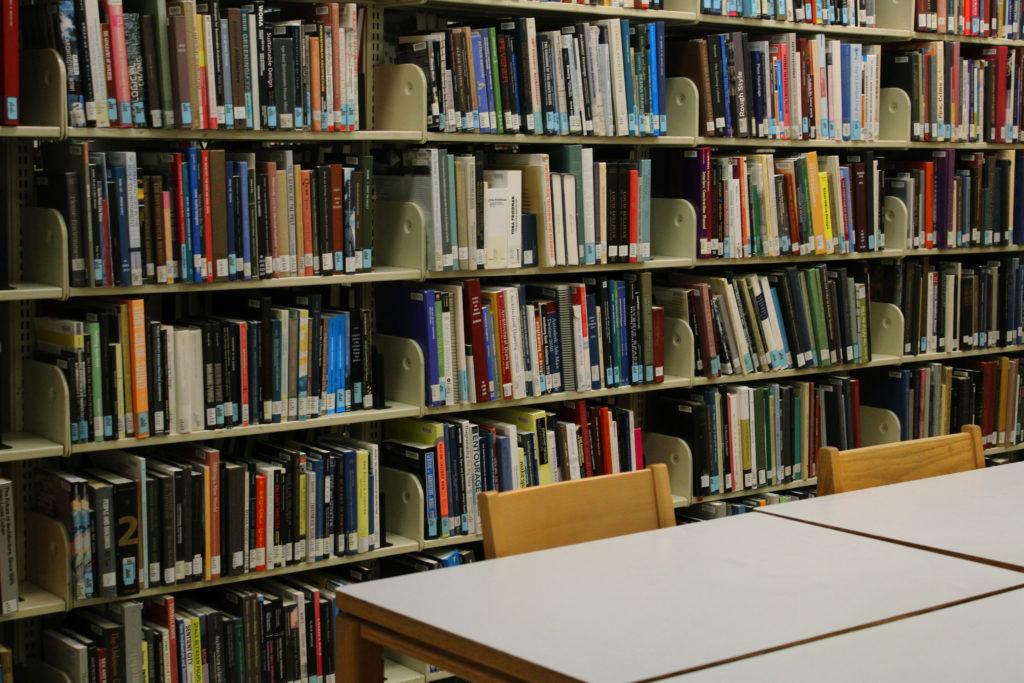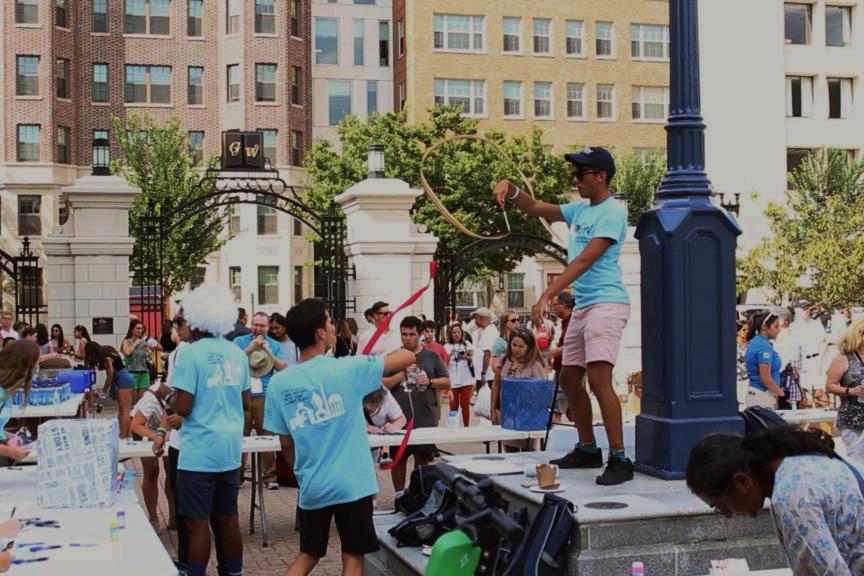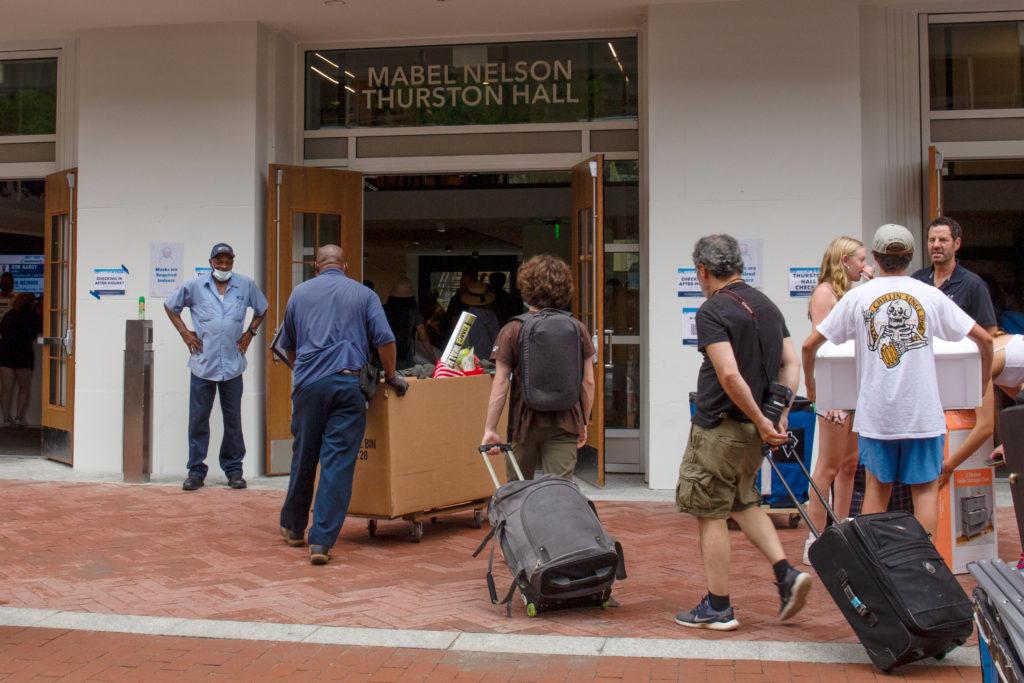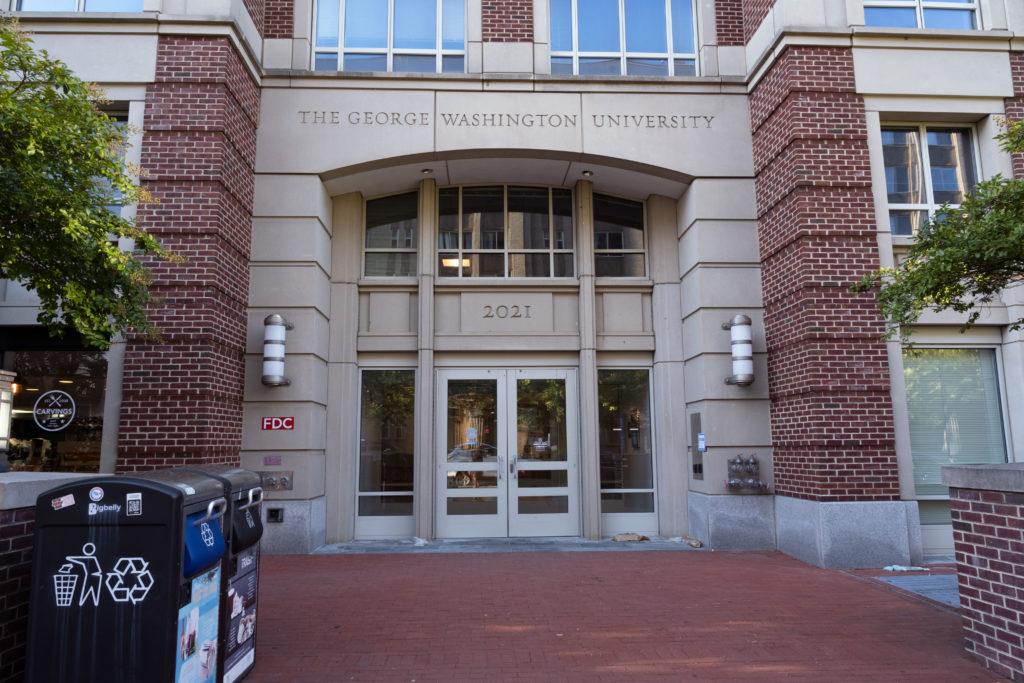Diving into college classes can be distressing for college freshmen, but adjusting to a new school environment doesn’t have to be as daunting as it may seem.
From getting to know your professor to finding your academic passion, developing habits to stay on track is key to educational success. To help ease this transition, we have compiled a list of academic tips to guide you through your first semester on campus.
Professors can make or break a class
Feeling overwhelmed in a sizable freshman lecture course is natural, but solidifying a relationship with your professors can reduce the intimidating nature of the workload. Getting to know your instructor can remove the stress that often keeps students from going to office hours and raising questions. Professors are there as mentors to their students – the more face time you have with a professor, the better they will understand how to help you succeed.
Because each professor’s teaching style is different, approaching them with questions about course material will allow you to get familiar with their nuances. Picking up on lessons in the material and identifying topics that will appear on tests will become easier the more you meet with faculty. Touch base with your professor before you start studying for the first exam to develop an idea of the work you should focus on to succeed in the course.
TAs are there for a reason
The silent TA who sits in the front seat of the lecture hall is more useful than you might think. These TAs have most likely worked with the professor before and are familiar with the class material, which means they are there for you to use as resources.
If you find yourself stuck on a reading or stressing over an upcoming exam, TAs – as fellow students – are often reachable when a professor isn’t. They can explain the material differently, which is sometimes all it takes to understand a concept that’s just not clicking. TAs are also the ones most likely grading your exams or essays in a big introductory class, so meeting with them one-on-one means they can offer individualized advice based on your performance on previous assignments.
Visiting a TA during office hours is also a great way to meet other students in your course. Falling behind in one or two classes is an inevitable part of the college experience, so having a few peers to fill in missing notes or form a study group can help save you later in the semester.
You may not be a political science major, and that’s OK
A lot of students enter GW with their major already decided in the field of politics and government, marked by the GW hallmark – the “Hillternship,” otherwise known as an internship on Capitol Hill. If this is not you, take the time to explore a wide array of courses that may pique your interest. Ask your academic adviser about the classes that students in your college liked best, or inquire through the registrar during your first two semesters. My advice is to pick one or two courses per semester that speak to you. You may find that your interests lead you in a particular direction.
Building your community is essential
Your education at GW should be a priority, but college isn’t meaningful until it becomes your community too. Meeting new friends and exploring D.C. will help make campus feel like your home away from home. At GW, finding ways to condense the community is crucial. Familiarize yourself with students in your residence hall during orientation week, grab dinner with a big group or attend GW-sponsored events to help the campus feel tighter-knit as you find your place among your own community. You never know which of those friendships will become lifelong.





